Contents
Take it easy on your number one girl!
Your lady parts can bring you so much pleasure if you treat them right, and that means learning the best way to maintain it. You might have a bathroom full of products that promise to keep it squeaky clean, but we’re here to tell you that those bottles of lovely-smelling gels and soaps may be doing more harm than they’re doing good. Worse, if you’re over-using them, they may lead you straight to the doctor’s office.
Take the advice of these doctors! They’re begging you to leave your lady bits alone and let them do what they were made to do.
The Parts
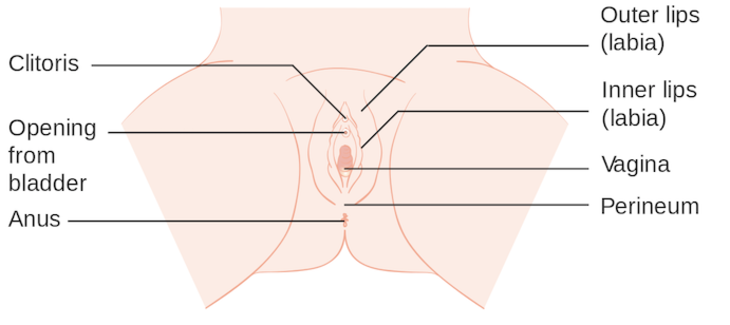
Credit: Cancer Research UK/Wikimedia Commons
Let’s go over the parts that we’ll be exploring today. The vulva is the entire female genital area. Then we come to the labia which has two distinct parts. The labia majora are the thicker lips that surround the vulva, and the thinner labia minora surround the clitoris, urethra, and vaginal opening.
The vagina is the internal area used for sex and child birth, and it’s topped by the cervix which leads to the uterus.
Good Bacteria
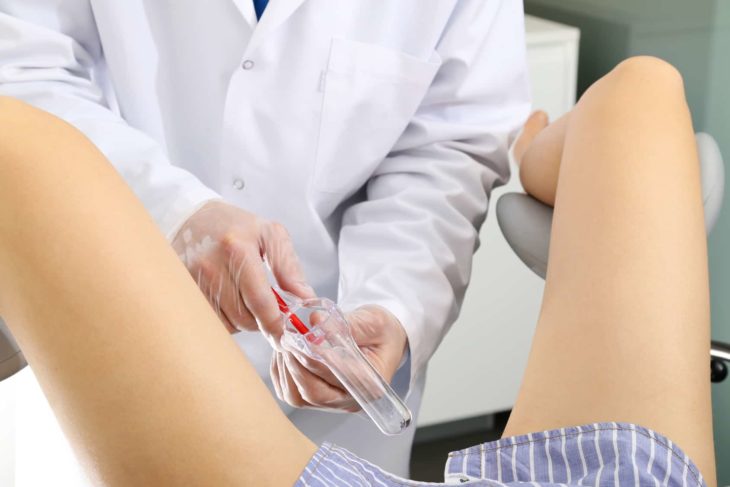
Credit: Iryna Inshyna/Shutterstock
Your lady parts have a plethora of lactobacilli. This crop of bacteria helps your VaVa maintain a normal ph balance that helps fight off infection naturally.
Mary Jane Minkin, M.D., clinical professor at the Department of Obstetrics Gynecology and Reproductive Sciences at Yale University School of Medicine explained, “The vagina is a delicate ecosystem that must be maintained at a normal pH of 3.8 to 4.5.”
Self-Cleaning
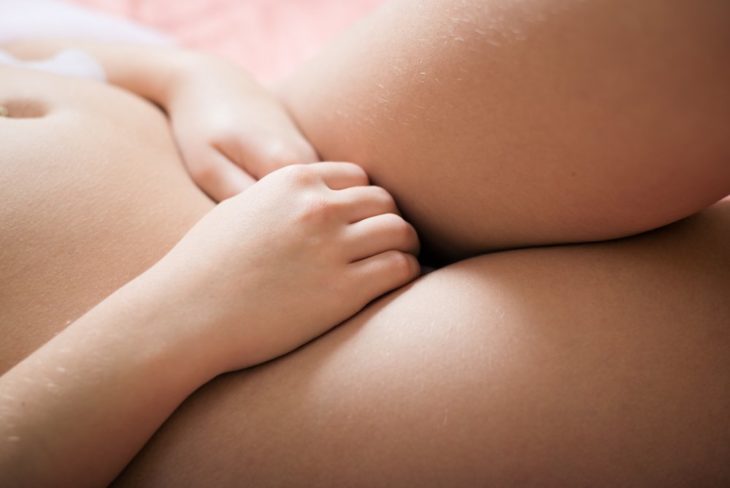
Credit: GRSI/Shutterstock
“For vaginal health up inside, you don’t need to do anything. Leave it alone. It’s like a self-cleaning oven,” explained Dr. Jennifer Gunter, Bay Area OB-GYN. She continued, “They make the vagina acidic so that it makes it difficult for pathogens to grow. And they produce different substances that can be toxic to different bacteria and viruses.”
Because of this bacterial self-cleaning feature, there’s not much more you need to do, and that’s the problem that most women have…
How to Wash
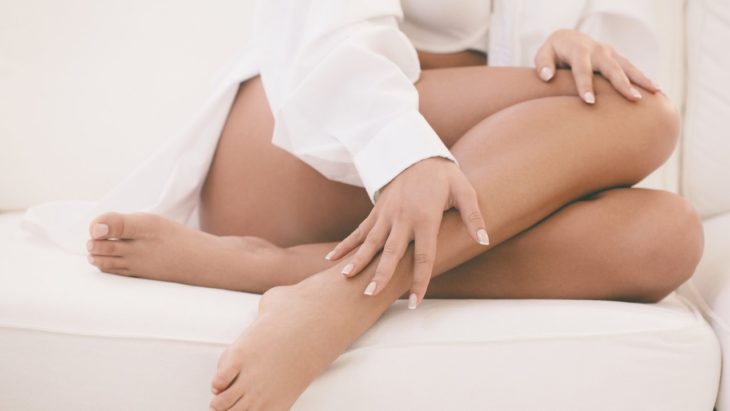
Source: Glamour
If you feel the need to freshen up down there after your period, after sex, or after vigorous exercise, it’s best to use just warm (not hot) water and a clean rag.
Because your lady parts are covered in helpful bacteria, you’ll want to limit your washing to once a day.
Now let’s get into all of those products on the market that say that they can freshen you up down there.
Soap Types
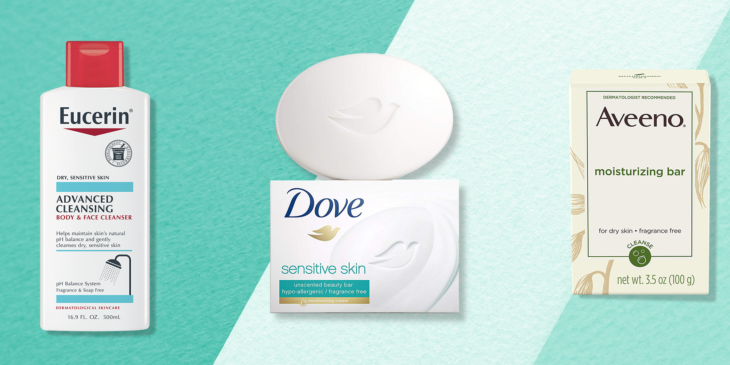
Source: Women’s Health
Using a scented soap, shower gel, or even ph-balancing soap can actually cause you harm. Dr. Gunter explained, “You can put any product you want in your vagina that’s a different pH, and that’s not going to make your lactobacilli grow. So there’s no way you can put a product in your vagina to change your pH — nor should you.”
These kinds of products can decrease your bacteria count and leave you susceptible to infection or STDs. It can also allow too much bacteria to grow which can cause vaginitis.
Overwashing
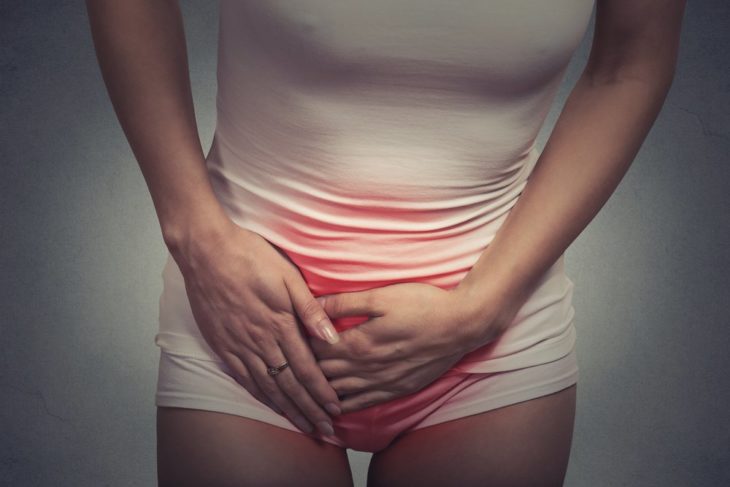
Credit: pathdoc/Shutterstock
Dr. Gunter said, “One of the big problems we have in North America is over-washing.” Stripping this special and delicate skin of it’s natural oils and bacteria can make it irritated.
Women can sometimes mistake soap irritation for a yeast infection. If you feel like you’re burning and itching down there, but not inside of the vagina, stop washing the area and let your vagina right itself.
Take It Easy
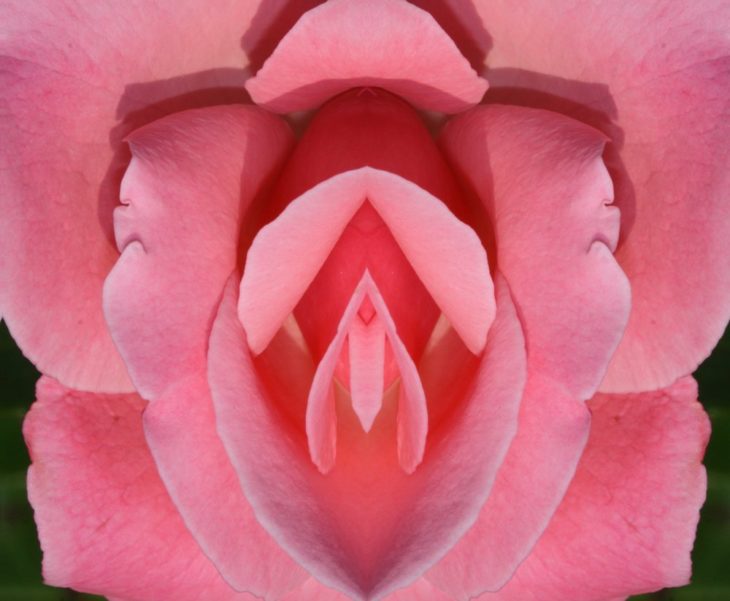
Credit: Munimara/Shutterstock
If you insist on giving your girl a once-over wash, don’t scrub her down like she’s a truck that just came back from a mud rally.
Gently wash around the vulva, moving the labia majora out of the way to get around the labia minora and clitoris.
Don’t Douche or Steam
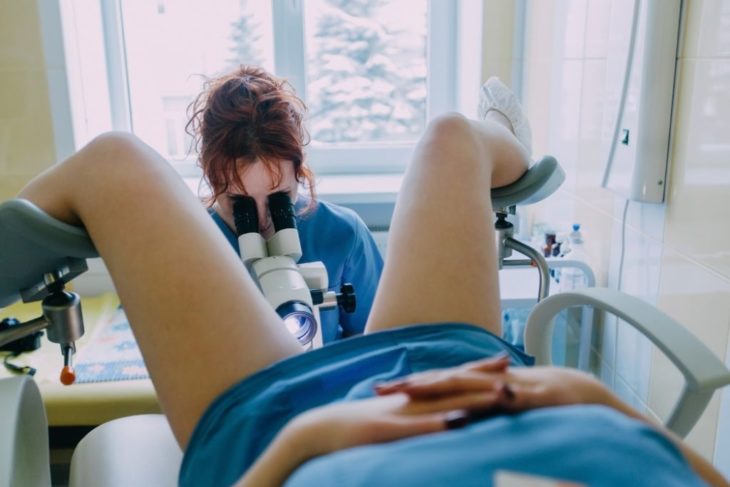
Credit: Iryna Inshyna/Shutterstock
Though women have been washing out their vagina with douches for decades, it’s no longer advised by most medical professionals. Dr. Gunter stated, “Multiple studies show that douching is associated with damaging your good bacteria.”
Another popular procedure is “steaming” your vagina which entails shooting hot steam at the vulva. She continued, “It’s not based on any understanding of physiology. Steam isn’t going into your vagina, and if steam could get in there, it would be harmful. Your uterus doesn’t need to be cleaned.”
Normal Workings
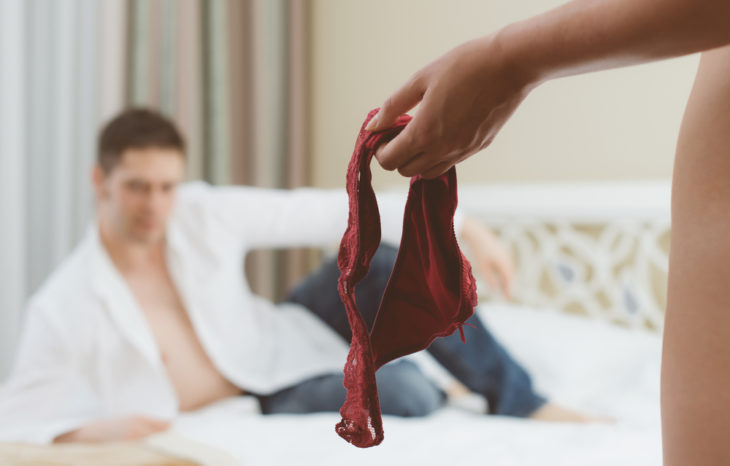
Credit: Dmitri Ma/Shutterstock
If you feel that your discharge is heavier or lighter than usual, it may just be your cycle. You feel like it’s abnormally heavy or smelly after sex, and that’s because the act of sex and male fluids can knock things out of whack temporarily.
OBGYNO Dr. Herta explained, “The sperm can change the pH. But the vagina will take care of that.”
The Perfect Machine

Credit: Ariwasabi/Shutterstock
Basically, you were blessed with a self-cleaning machine down there, and unless you feel like something’s really wrong, you shouldn’t do anything.
Dr. Gunter concluded, “If you’re not having any health problems, then what you’re doing is probably fine. Unless you’re douching.”
Do you feel like you’re going to treat your lady parts differently now? Let us know in the comments and SHARE this story!
Original by Emily Hingle
